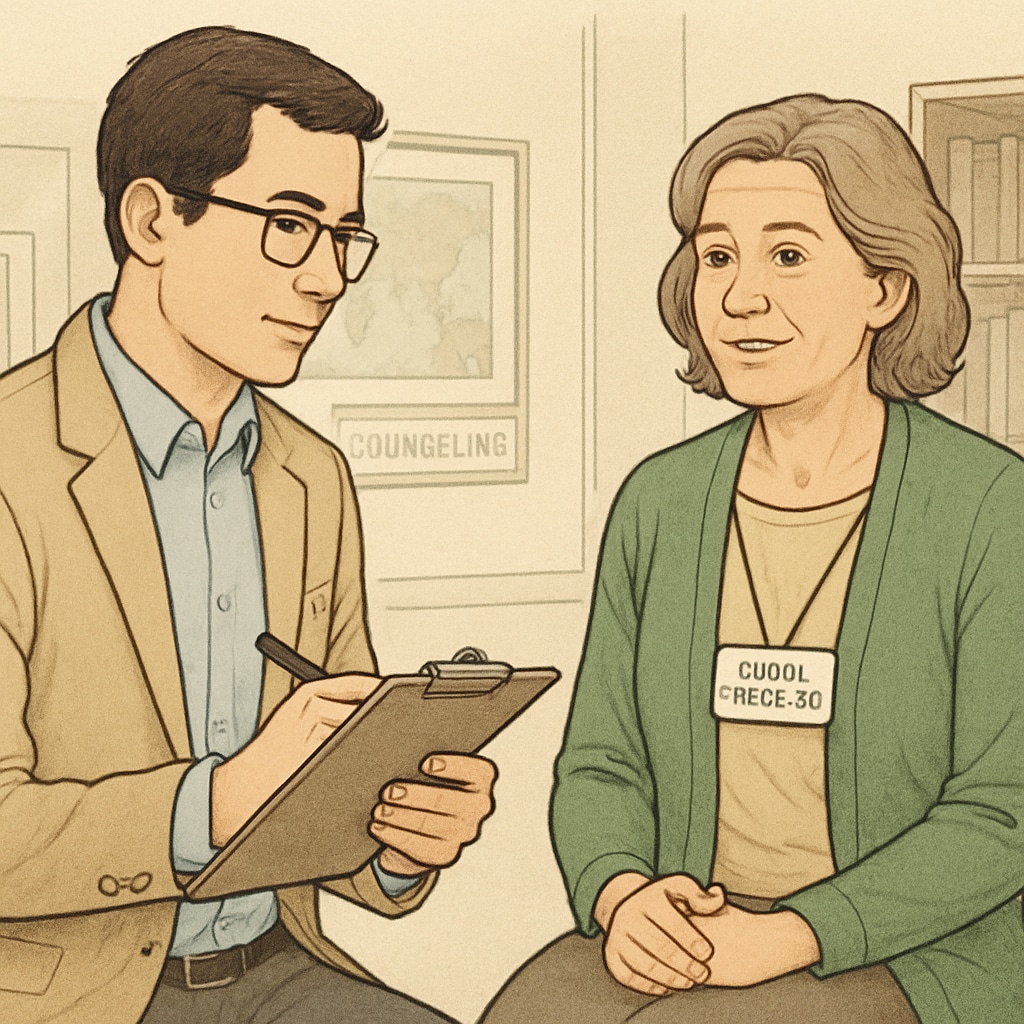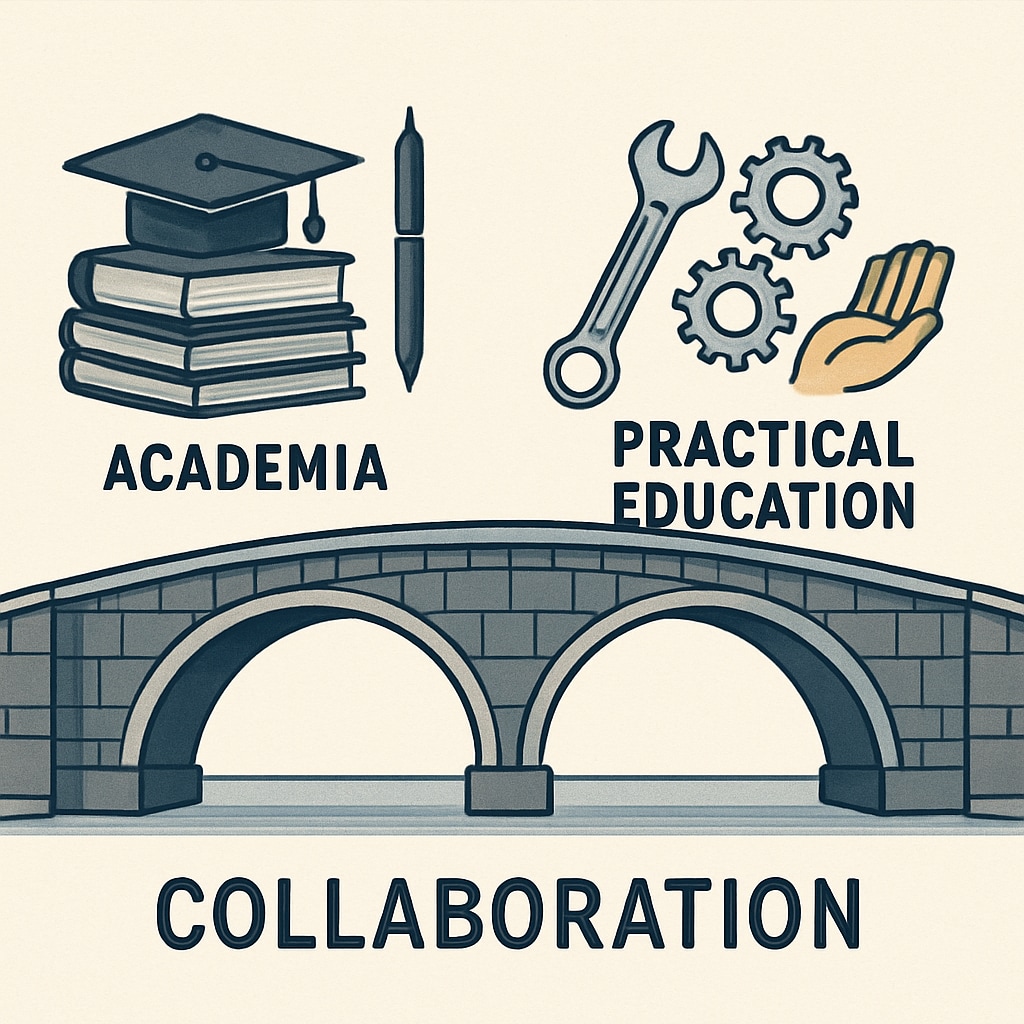Graduate students conducting research often encounter significant challenges when seeking school counselors for interviews as part of their assignments. This difficulty stems from systemic barriers within the educational environment, resource constraints, and a lack of established communication channels. Addressing these challenges is essential to create meaningful connections between academic research and practical education, fostering mutual growth and understanding.

Understanding the Challenges of School Counselor Interviews
One of the primary challenges graduate students face when approaching school counselors for interviews is the limited availability of counselors due to their demanding schedules. Counselors often juggle multiple responsibilities, including student support, administrative duties, and crisis management. As a result, they may struggle to find time to participate in academic interviews.
Another obstacle is the lack of clear protocols for connecting researchers with practitioners. Many educational institutions have strict guidelines for external communication, requiring formal permissions that can prolong or even prevent the interview process. Additionally, counselors themselves may feel hesitant to engage with unfamiliar researchers, fearing misrepresentation or misunderstanding of their work.
Systemic Barriers in Education and Academia
The divide between academia and practice is often reinforced by systemic factors. Universities and schools operate within distinct frameworks, and there is often limited collaboration between the two. Graduate students may not have access to established networks or professional contacts within the education system, making it difficult to identify willing participants for their research.
Furthermore, research priorities in academia may not always align with the practical concerns of school counselors. For example, counselors may feel that academic studies focus on theoretical issues without offering tangible solutions to the challenges they face daily. This disconnect can discourage participation and hinder meaningful dialogue.

Building Effective Connections Between Researchers and Counselors
To overcome these challenges, several solutions can be implemented to bridge the gap between graduate students and school counselors. Universities and educational institutions can establish dedicated platforms or liaison offices to facilitate communication and streamline the interview process. These platforms can serve as centralized hubs where researchers can connect with potential participants and access necessary permissions.
In addition, creating awareness campaigns about the value of academic research among school counselors can help foster engagement. Highlighting how research findings can contribute to improved counseling practices and student outcomes may encourage counselors to participate willingly.
- Networking Events: Organize professional mixers or conferences where graduate students and counselors can interact directly.
- Mutual Benefits: Emphasize the reciprocal advantages of participation, such as gaining insights or professional recognition.
- Flexible Scheduling: Offer interviews outside school hours to accommodate counselors’ busy schedules.
- Privacy Assurance: Ensure confidentiality and transparency in how interview data will be used.
The Role of Technology in Facilitating Interaction
Technological tools can play a significant role in connecting graduate students with school counselors. Platforms like LinkedIn and other professional networks can help researchers identify and contact counselors who are open to collaboration. Virtual interviews conducted via video conferencing tools can also eliminate geographical barriers and make scheduling more convenient.
Additionally, institutions can develop online databases where school counselors can volunteer to participate in research projects. These databases can include detailed profiles, allowing researchers to find participants whose expertise aligns with their study focus.
By leveraging technology and fostering a culture of collaboration, academic research can become more accessible and impactful, bridging the gap between universities and frontline educators.
Conclusion: Towards a Collaborative Future
Graduate students undertaking school counselor interviews face a range of challenges, from logistical issues to systemic barriers. However, these obstacles can be addressed through structured platforms, enhanced communication, and technological innovation. By fostering collaboration between academia and practice, researchers and counselors can work together to advance education and create impactful solutions that benefit students, educators, and society as a whole.
Ultimately, building stronger connections between researchers and practitioners is not just a necessity—it is an opportunity to enrich both fields and ensure that academic insights translate into real-world improvements.


